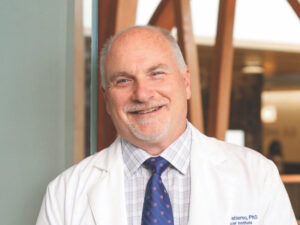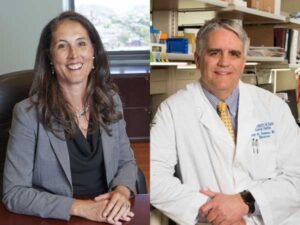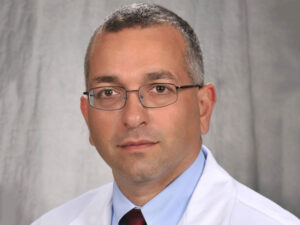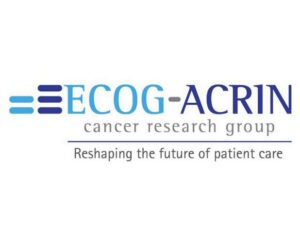The global coronavirus pandemic has torn the veil that dimmed the nation's awareness of the breadth and depth of health disparities, including cancer health disparities.
Last week, a national public perception survey from the American Society of Clinical Oncology revealed a public grappling with cancer care amid the COVID-19 pandemic and the nation's reckoning with racial injustice.
Diversity, inclusion, and equity are important issues, not only to our nation's cancer centers, but to our nation as a whole. To embody these values, we must work to close gaps in cancer research and care.
As of September, more than 270,000 deaths have been confirmed in Latin American countries due to the severe acute respiratory syndrome coronavirus 2 (SARS-CoV-2) infection.
The unprecedented COVID-19 pandemic makes it possible to compare and contrast the public health and political responses to previous health crises.
This January, the American Cancer Society reported the sharpest drop in U.S. cancer mortality ever recorded. Between 2016 and 2017, the death rate from cancer fell 2.2%, continuing the trajectory of a 29% decline in cancer mortality since 1991.
I write this letter to you as an advocate for women with malignant uterine soft tissue tumors—and to commend you on the introduction of The Uterine Fibroids Research and Education Act in the United States Congress.
On behalf of the ECOG-ACRIN Cancer Research Group
As the only National Cancer Institute-designated Comprehensive Cancer Center in the Mountain West—a region that includes Utah, Idaho, Montana, Nevada, and Wyoming, covering 17% of the landmass of the continental United States—Huntsman Cancer Institute (HCI) at the University of Utah (U of U) has a longstanding focus on improving cancer research, prevention, and treatment strategies for our patients and communities.
As a Latina, I feel deeply impacted when I see reports of hate crimes against ethnic and racial minorities in the news. The recent string of news reports highlighting police brutality and the victimization of black people has caused a great deal of pain in my heart, prompting me to reflect on my own experiences.















